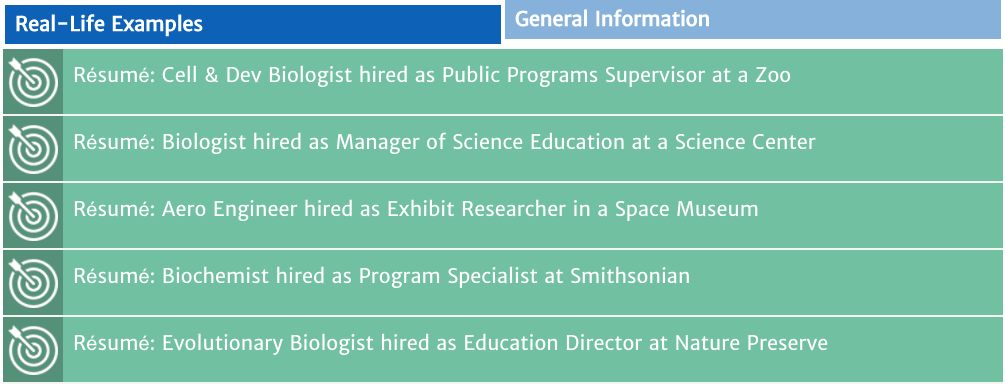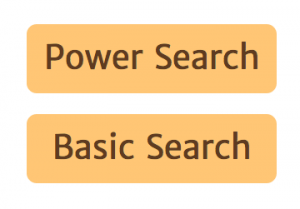When helping grad students learn how to network, or even what networking is, you can and should use two aspects of Versatile PhD: the Hiring Success Stories, and Power Search.
Hiring Success Stories are complete dossiers of winning application documents that got real PhDs real nonacademic jobs.
 Each one consists of all the key documents (resume, cover letter, etc.), and importantly, a first-person narrative analysis explaining exactly how the person got hired. If networking played a role in the hire, the narrative will describe how.
Each one consists of all the key documents (resume, cover letter, etc.), and importantly, a first-person narrative analysis explaining exactly how the person got hired. If networking played a role in the hire, the narrative will describe how.
(If you’re signed in but are blocked from accessing a Hiring Success Story, it means you need to pass through your institution’s authentication portal to reinstate your access upgrade, which will then last for a year. Find your institution’s portal on this list and authenticate yourself as directed. The same applies to students and anyone else in your institution’s service pool.)
Many of the hiring successes described in the VPhD collection involved networking at some level. This alone is an important point to get across to students. Also, the fact that these are real stories by real people brings much-needed specificity to their understanding of networking. It gives eager beavers new ideas for how to do it, and encourages the timid by showing how others much like themselves (shy, introverted, inexperienced) did nonetheless manage to develop enough relationships to move forward in their career.
Read a bunch of Hiring Success Story narratives yourself in search of examples that hinge especially strongly on networking, and encourage students to do the same. You will be amazed at the variety of people and connections that can play into a hire: friends, neighbors, fellow students, even random guests at random toddler birthday parties. In some cases, the successful applicant was lucky and succeeded despite not having a conscious plan for networking; in other cases, the person was extremely strategic about it, choosing which events to attend and which people to informational interview. Make your own list of which stories illustrate networking principles you think are important. Have your students read those narratives, and/or draw from them when you are developing presentations on networking.
In addition to the content, there is a feature on VPhD that can be extremely helpful to your students where networking is concerned: Power Search. In the Member Directory, there is a yellow Power Search button prominently placed near the top of the page. Click on Power Search and you will see a search form that allows you (and your students) to search for VPhD members meeting multiple criteria at once. For example, historians working in the nonprofit sector in Chicago, or life scientists working in industry in San Francisco.
Click on Power Search and you will see a search form that allows you (and your students) to search for VPhD members meeting multiple criteria at once. For example, historians working in the nonprofit sector in Chicago, or life scientists working in industry in San Francisco.
(If you don’t see the Power Search button, it means you need to pass through your institution’s authentication portal to reinstate your access upgrade, which will then last for a year. Find your institution’s portal on this list and authenticate yourself as directed. The same applies to students and anyone else in your institution’s service pool.)
Why is that so great? Because those people make excellent informational interviewees! The folks who pop up in Power Search results are all Versatile PhD members, meaning they have all gone through the same transition your students may go through, and would probably be glad to speak to your students. Don’t be concerned about whether the person attended your institution. It doesn’t matter. VPhD members are generally happy to help grad students regardless of institutional affiliation. The most important factor: is the person in a field your student wants to enter? If so, the student should definitely contact them. Members can be contacted by private message on VPhD, and/or through LinkedIn. Use LinkedIn and Google to gather additional information about each individual, but of course that requires their real name, and not all members have provided their real names. In cases where there is not a real name, contact them by VPhD private messaging. And the same applies to Hiring Success Story authors, Career Autobiography authors, and Panel Discussion members!
Bottom line: The narratives in the hiring success stories contain a treasure trove of specific networking examples and can be very inspiring for students, and the Power Search feature provides instant access to fantastic people who can be helpful to your students.

